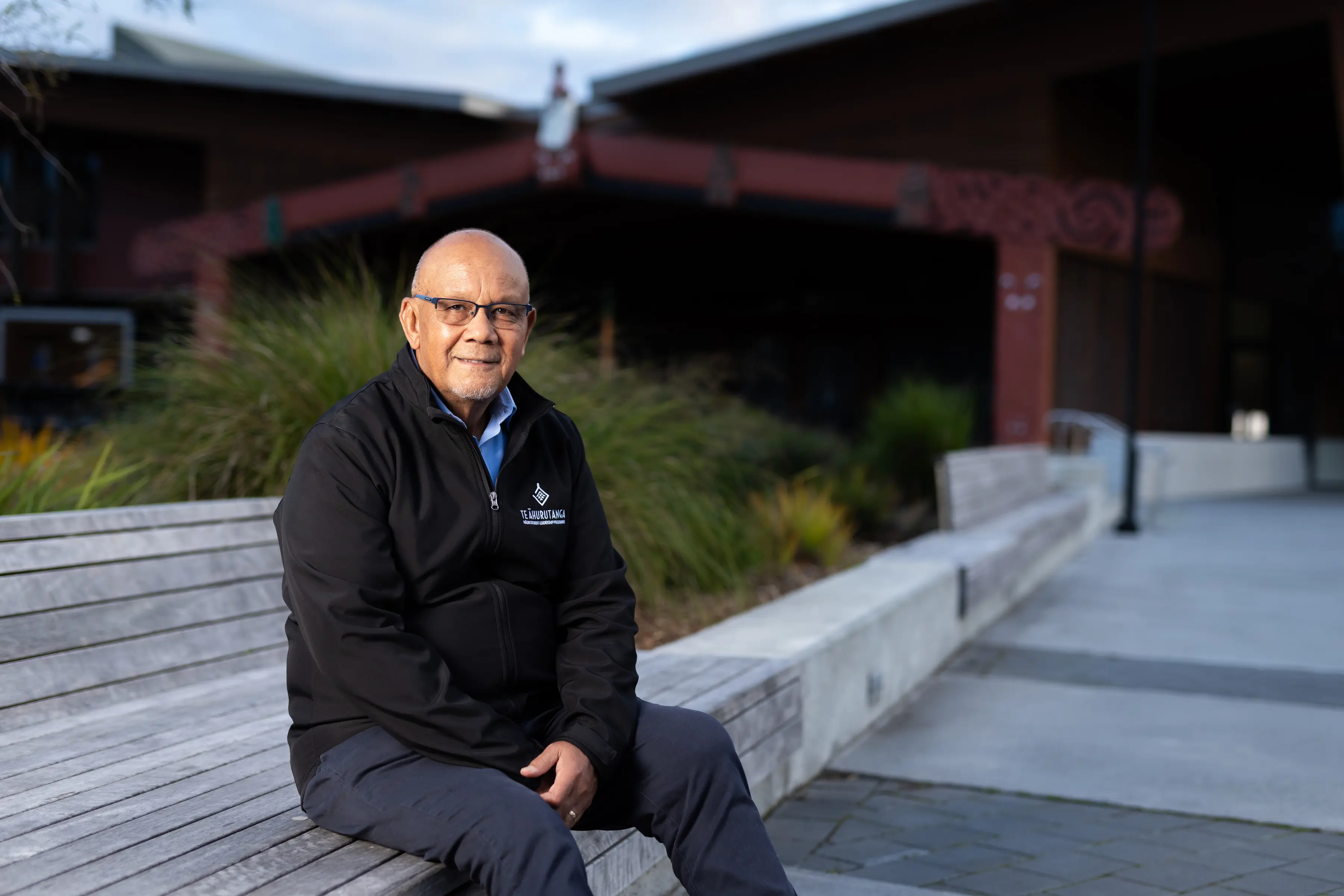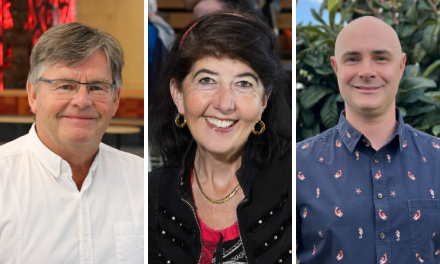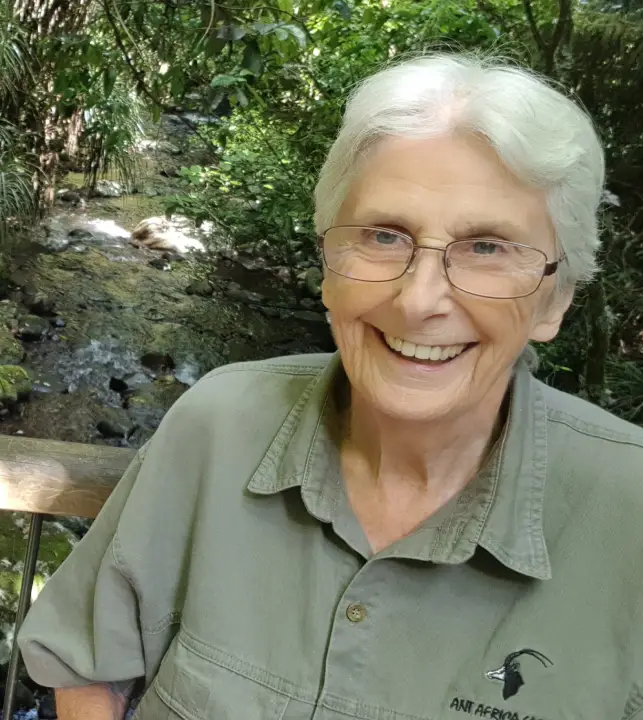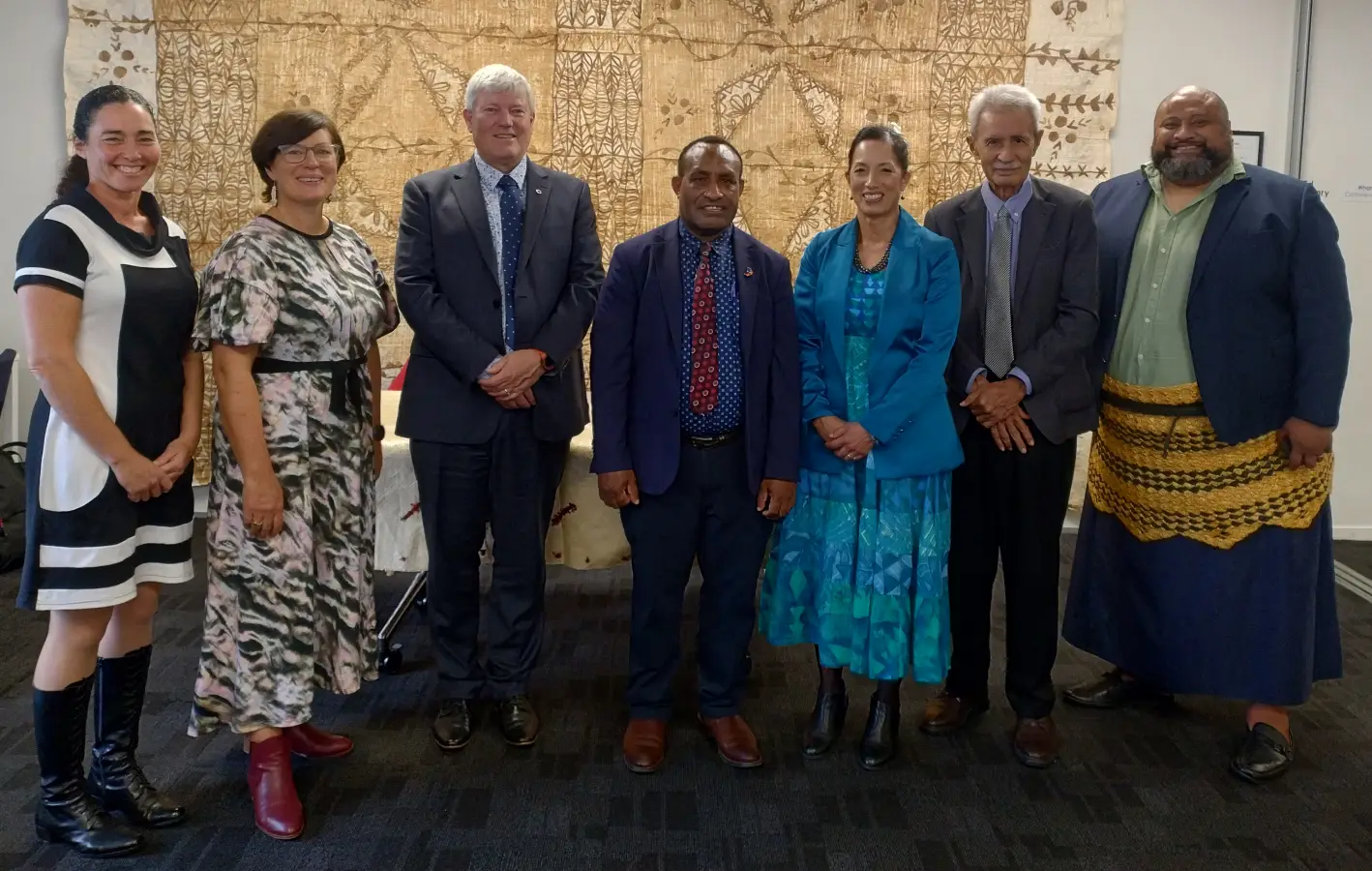The challenges of arriving in a new country without social networks are significant, and can result in worse outcomes for children. But researchers at the University of Waikato have identified the crucial role of early childhood education in supporting refugees through the transition.
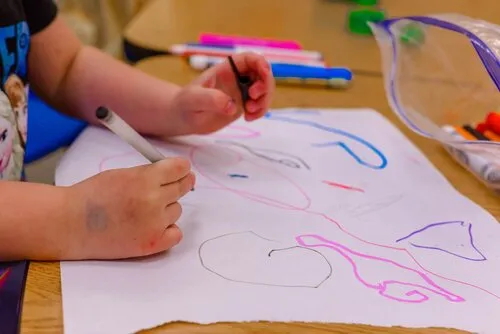
Unsplash
Linda Mitchell, Professor of Early Childhood Education at the University of Waikato, recently led two studies which explored the role of early childhood education (ECE) in supporting a sense of belonging for refugee and immigrant children.
“For refugees who have been forced to leave their home, often in traumatic circumstances, a sense of belonging in their new country is especially important and has been shown to contribute to wellbeing, confidence and participation,” says Professor Mitchell.
Belonging is a key strand of the New Zealand ECE curriculum, but processes to support belonging in multicultural contexts are not generally well understood - something Professor Mitchell hopes to change through her research.
The studies, which looked at how refugee and immigrant children responded to different teaching practices, identified a number of strategies and tools used by teachers to strengthen children’s sense of belonging in Aotearoa New Zealand.
Arts and play-based teaching and learning in a well-resourced environment, engaging families and communities, and encouraging critical reflection by teachers were all shown to provide invaluable support for refugee and immigrant children.
“When you’re new to a country, you don’t know the culture, the history, how things are done or sometimes even the language. So in the ECE setting it’s vital to translate information and make connections in a way that’s understandable,” says Professor Mitchell.
“It’s about helping children find a sense of bicultural belonging in Aotearoa New Zealand, but it’s equally important that they remain connected to their home culture by incorporating key cultural constructs that families bring with them.”
Drawing and storytelling were one way to stimulate discussions about people and places that were significant to children, and opened a window for teachers into the worlds of families.
Another was to facilitate sensory experiences that engage sound, smell, sight, touch and taste. This included experiences that were familiar to the children and made connections with their homelands, and new sensory experiences familiar to children in New Zealand. For example, inviting parents to come in and teach children home cooking recipes was a powerful way to make connections and help children feel they belonged, as was playing music from both New Zealand and children’s home countries.
Invitations for families and children to bring cultural artefacts such as traditional dress from home to the ECE setting provided opportunities to tell stories and to find out what was important to families, and why. This helped build relationships not only among children but also the adult community.
Artworks can also depict cultural stories and act as a catalyst for understanding. At one kindergarten, pou created by a local artist were strategically placed around the playground representing Ranginui (sky father), Papatūānuku (earth mother) and their children, the atua of the different domains. Teachers regularly talked to the children about the pou and what they represent, and encouraged children to express these ideas through drawing.
“Our research showed that these strategies work best when the curriculum is open to contributions from children, their families and the community,” says Professor Mitchell.
“This enabled integrated action between homes and ECE, and empowered both the children and their family members.”
Professor Mitchell and her colleagues are now conducting a second phase of their research to further trial and refine their frameworks.
“These findings will be valuable in informing policy and ECE teaching practices not only here in New Zealand, but worldwide,” she concludes.
Studies supported by the Marsden Fund Council from Government funding, managed by Royal Society Te Apārangi and the Teaching and Learning Research Initiative Fund.
